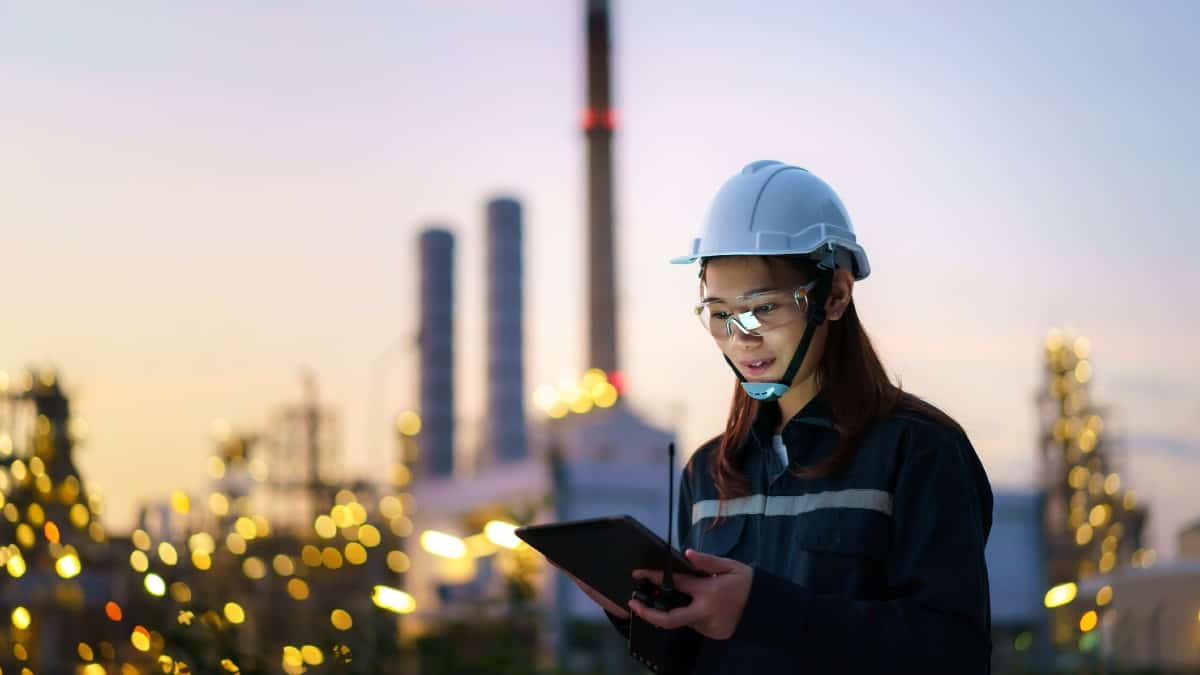BP (LSE: BP) shares are back at pre-pandemic levels, but the oil giant’s dividend has not yet recovered.
CEO Bernard Looney slashed BP’s shareholder payout during the pandemic and has not yet repaired the damage, despite reporting near-record profits this week.
Shares in this FTSE 100 heavyweight have now risen by 35% so far this year. That’s pushed BP’s dividend yield down to 4.2%, which is no better than the FTSE 100 average.
BP has always been a popular choice with UK dividend investors. But are the shares still a best buy for income? Here’s what I think.
A bulletproof dividend?
One thing I’m sure of today is that BP’s dividend looks pretty much bulletproof. City analysts expect this year’s payout to be covered six times by earnings.
That’s unusual for a slow-growing FTSE 100 business. Mature businesses usually pay out a higher proportion of earnings, to reflect their slower growth.
One possibility is that BP is pricing in the expectation of lower oil prices from next year. The latest broker forecasts suggest BP’s earnings will fall by 23% in 2023, as oil prices moderate. However, even then, the forecast payout would still be covered four times by profits.
Why I’m avoiding BP shares
I’ll be open. I’m not buying BP shares. Although I think the company’s dividend looks very safe, I think Looney is laying the groundwork for a less profitable future.
Instead of returning surplus cash to shareholders, he’s using BP’s record profits to repay debt and share buybacks.
I’m all in favour of debt repayment when times are good. But I’m less sure about buybacks. So far this year, BP has announced buybacks totalling $8.5bn. Interestingly, it’s almost exactly equal to BP’s capital expenditure so far this year of $9bn.
That seems remarkable to me. Energy production is a capital-intensive business, but BP is spending almost as much buying back its own shares as it is investing in long-term growth.
For me, the message is clear. Looney isn’t sure what the future holds for BP. But he’s betting that the company may be less profitable than in the past. Buying back shares now will shrink BP’s equity base, reducing the impact of lower profits on shareholders.
I might be wrong
Of course, I could be completely wrong. One concern shared by many people in the energy industry is that the current shortfall in new investment will mean that oil and gas prices stay high for a long time to come.
If that happens, BP shareholders could enjoy very strong results over the coming years.
Personally, I’m not convinced. Right now, the drive for net zero seems to have faded into the background due to concerns about oil and gas supplies. But taking a longer view, I don’t think the picture has changed.
In my view, the transition to renewable energy needs to continue. I suspect that BP knows this, hence its reluctance to invest in new long-term projects.
To sum up, I think BP’s current dividend looks very safe indeed. But I think growth may be limited and believe there are better options elsewhere for income investors.







